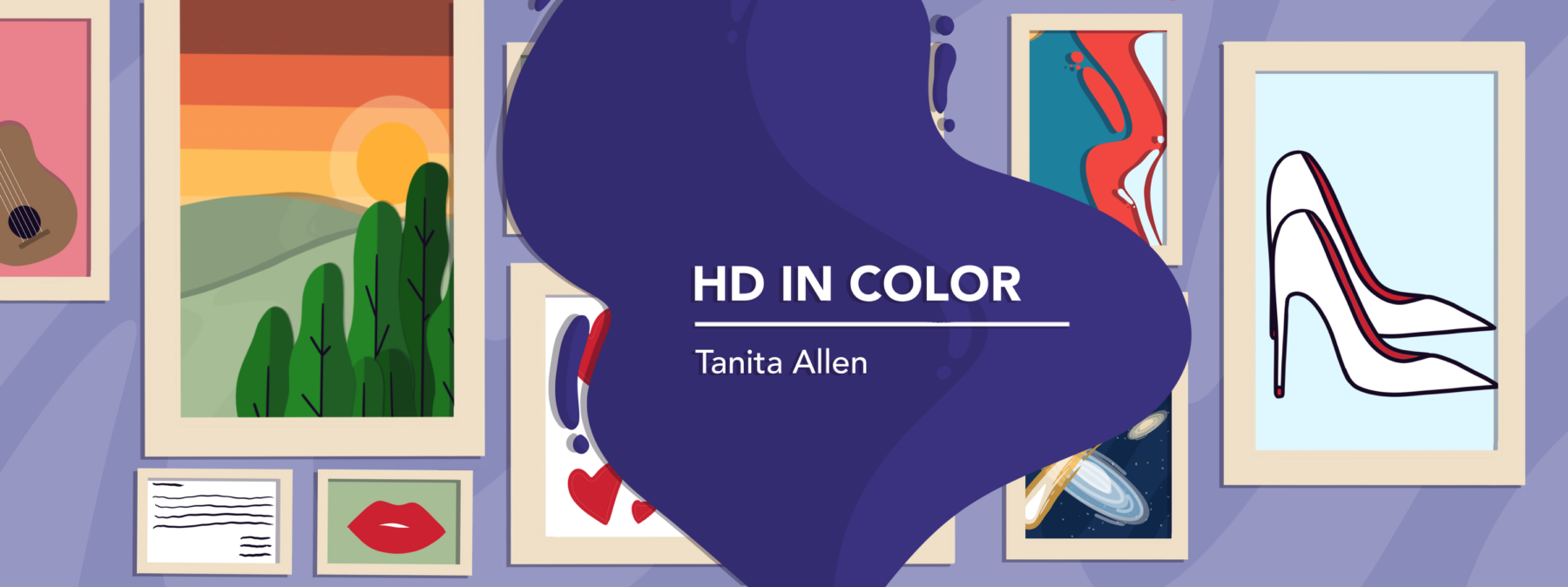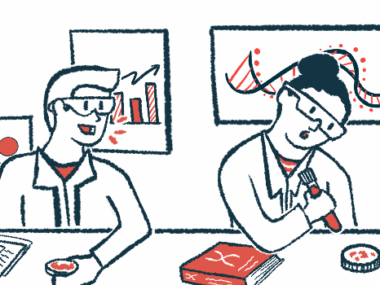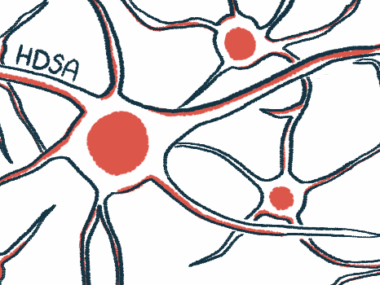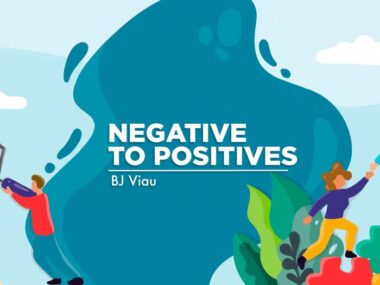What I wish I’d known: Advice for the newly diagnosed with HD
I learned to find my support system, but also advocate for myself
Written by |

Navigating a new diagnosis of Huntington’s disease (HD) is a profoundly personal journey through a range of emotions, from shock and disbelief to worry. I know this experience all too well. Reflecting on my own path from diagnosis to today, there are so many lessons I wish I could pass back to my younger self. Here are some of them.
1. Give yourself permission to grieve. When I was diagnosed, I was hit with a whirlwind of emotions, including grief, anger, and fear. The dreams I had, the future I envisioned, all suddenly felt uncertain. I wish someone had told me then that it’s OK, even necessary, to grieve.
Allowing myself to feel the loss and sit with my emotions was one of my first steps toward finding peace with HD. Your life may look different from what you imagined, but that doesn’t mean it can’t still be fulfilling and meaningful.
2. Find your support system early. You’re going to need people who understand, who can listen without judgment, and who are there not just in moments of crisis but also the everyday challenges. For me, building a support system that includes family, friends, and the right medical team was essential. Seek out people who “get it,” and consider joining HD support groups, whether in person or online.
3. Set boundaries and advocate for yourself. HD is a condition that not everyone understands, and you may find yourself having to educate others, including doctors, acquaintances, and even loved ones.
For a long time, I struggled with people’s misunderstandings or stigmas around my diagnosis, often feeling judged or questioned. It’s vital to set boundaries, educate those who are open to it, and protect your mental and emotional well-being from others’ biases. Speak up for your needs, and don’t be afraid to say no when a situation or conversation feels harmful to you.
4. Prioritize your mental health. Living with HD can take a toll on your mental health. Depression, anxiety, and irritability are common symptoms, and they can be just as challenging as the physical ones.
In my journey, I’ve found that regular therapy, medication when needed, and mental health check-ins help me manage these struggles. Finding a therapist who understands HD or chronic illness is ideal, but even general support can be incredibly beneficial. Remember, prioritizing your mental health isn’t just self-care; it’s an essential part of managing HD.
5. Develop a plan for navigating physical symptoms. As HD progresses, it can bring physical symptoms such as chorea (involuntary movements), balance issues, and fatigue. Learning how to manage these early on will save you from added stress down the road.
I recommend talking with a neurologist or physical therapist who specializes in HD to develop a personalized care plan. Techniques like getting regular exercise, maintaining good posture, and using adaptive tools have been game-changers for me. Don’t be afraid to explore and adopt new methods to make day-to-day life a bit easier.
6. Focus on the present, but plan for the future. One of the hardest parts about HD is the uncertainty. When I was diagnosed, I often found myself spiraling with worry. I’ve learned that while planning is important, it’s equally crucial to live in the present. I take things one day at a time, appreciating the small joys.
At the same time, planning — whether establishing a medical power of attorney, engaging a financial planner, or simply communicating my wishes — has given me peace of mind.
7. Embrace your voice and share your story. For years, I hesitated to share my HD journey openly. I worried about judgment, and I felt that people would define me by my illness.
But as I opened up, I found a deep sense of purpose. I discovered the power of storytelling in breaking down stigmas and inspiring others. Today, I’m an advocate for those with HD, sharing my story on platforms where I hope to create awareness and understanding.
Being diagnosed with HD isn’t easy, and there’s no one-size-fits-all path forward. But as someone who’s walked this road, I can promise you that life isn’t over. There will be challenges, yes, but there will also be moments of beauty, joy, and resilience.
Remember to be patient with yourself and allow space for the unexpected gifts that come along the way. HD may be part of your life, but it doesn’t define all of who you are. Embrace each day with courage and know that you’re part of a supportive, loving community of people who understand.
I hope this list offers guidance and comfort to those newly diagnosed with HD. Each day brings new opportunities for growth, connection, and resilience. Keep moving forward, one step at a time. You are not alone.
Note: Huntington’s Disease News is strictly a news and information website about the disease. It does not provide medical advice, diagnosis, or treatment. This content is not intended to be a substitute for professional medical advice, diagnosis, or treatment. Always seek the advice of your physician or other qualified health provider with any questions you may have regarding a medical condition. Never disregard professional medical advice or delay in seeking it because of something you have read on this website. The opinions expressed in this column are not those of Huntington’s Disease News or its parent company, Bionews, and are intended to spark discussion about issues pertaining to Huntington’s disease.




Deb Herrick-Breault
Wonderfully and perfectly spoken. I have MS, which is so close in many ways to dealing with both diseases. When first diagnosed, my life plans came crashing down while I sat in my car sobbing. I felt scared and alone and my dreams of having a normal life was over…30 years ago!??? 🤔
Everything you said is true, and I am so proud of your courage to strive onward and upward every day!!🤗 💙
Stay strong! Deb
Cathy Rouleau
Thank you for sharing your journey. Your teaching about the ins and outs of HD is such a help. My best friend of 58 years was diagnosed two years ago. She was devastated and together we navigated what we had to do to plan for her future. And then out of the blue she cut me out of her life. No explanation. No reasons she could explain. My need is to understand how to cope with some of the depression and paranoia that can occur. I have to respect the boundaries she has put on our friendship but I continue to worry about how she is and wish I could make her understand that I am there for her.